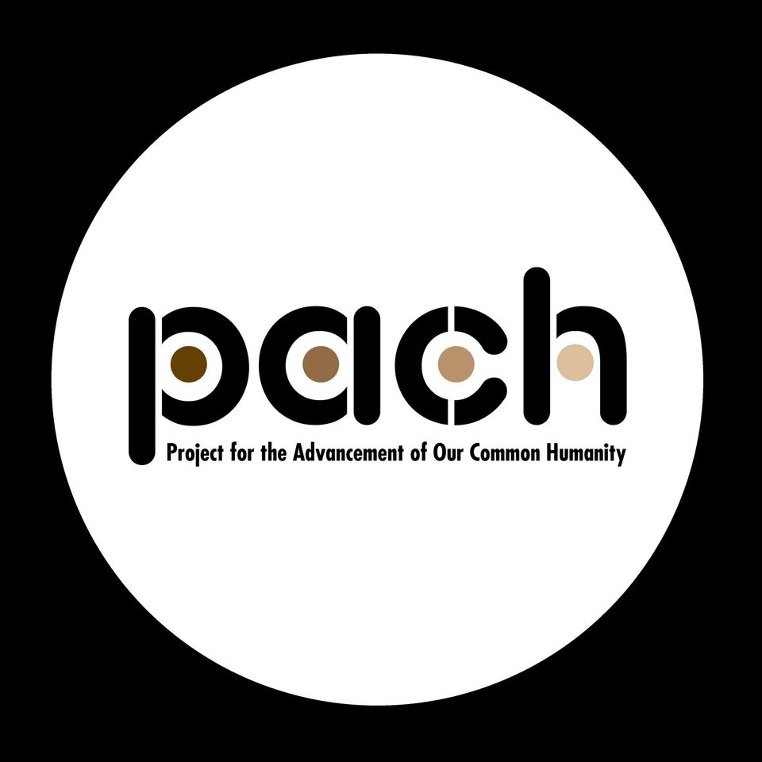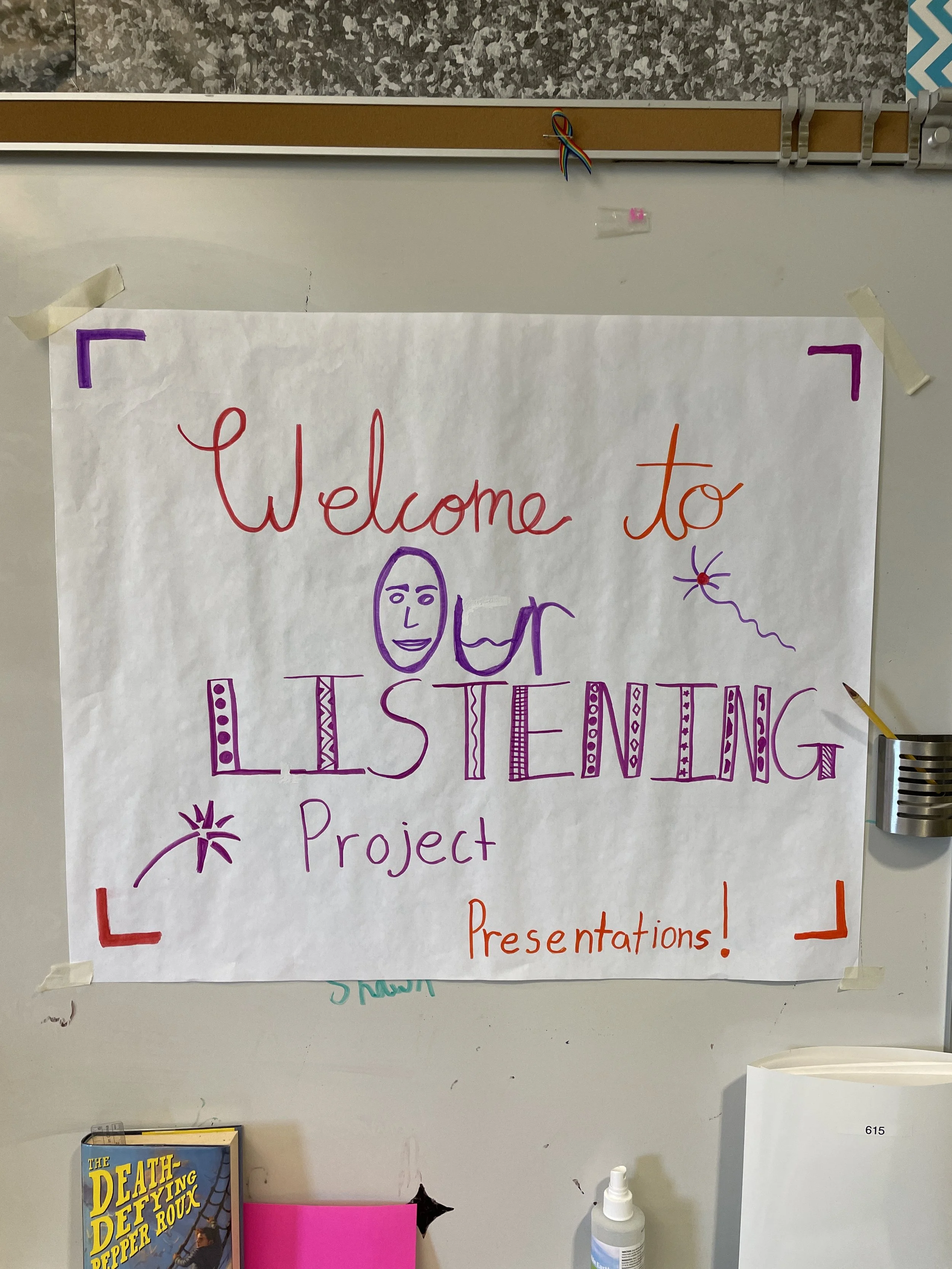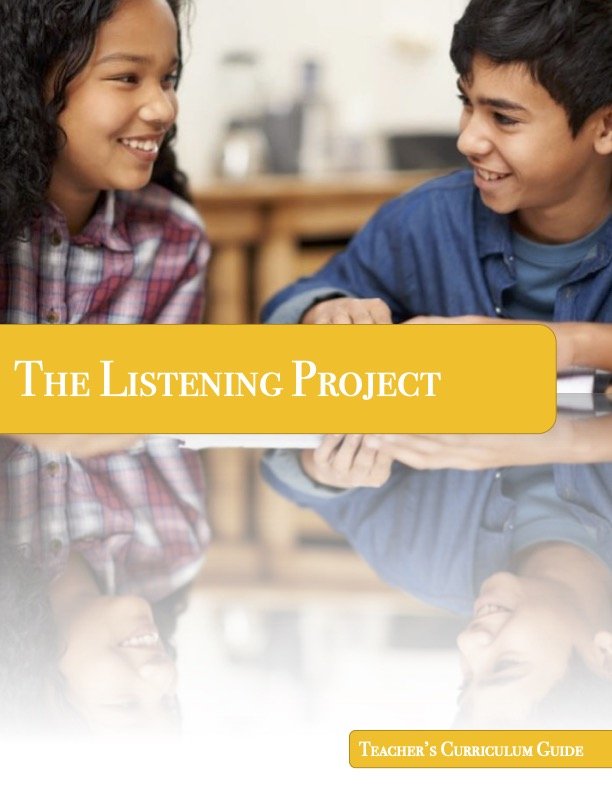
The Listening with Curiosity Project has partnerships with 10 middle schools in New York City. Across these schools, we have worked in over 30 classrooms and have worked with over 900 students and over 100 teachers.
Partnership Model with Schools
1. Schools
The Listening with Curiosity Project team meets with teachers and administrators to determine the goals identified by the school, as well as how the Listening with Curiosity Project can help schools achieve these goals.
2. Teacher and School Staff Training
All teachers who are participating in delivering the Listening with Curiosity Project must be trained in the method of Transformative Interviewing. The Listening with Curiosity Project offers a 4-hour training workshop to staff at the school. In some schools, only a small group of teachers who have been pre-identified as teachers to deliver the Listening with Curiosity Project attend (for example, if it had been decided that only the 7th-grade would receive the Listening with Curiosity Project, only 7th-grade teachers would attend). In other schools, the Listening with Curiosity Project trains the entire staff of the school.
3. Implementation and Evaluation
The Listening with Curiosity Project is delivered to students by participating teachers. This implementation is flexible and collaborative, involving a consistent and supportive partnership between teachers and the Listening with Curiosity Project team.
The Listening with Curiosity Project conducts research activities for two class periods before and after the implementation of the project. These activities include online surveys for students and a short interviewing activity. These research activities enable the Listening with Curiosity Project to prove its effectiveness and acquire grant-based funding.
The Listening with Curiosity Project’s 5-Phase Curriculum
Phase 1: Introduction to the Listening with Curiosity Project
Who are we as humans?
The Stranger Interview
Teacher Interviews
Phase 2: Practice Interviewing
School Staff Interviews
Gold Nugget Stories
Peer Interviews
Phase 3: The Focal Interview
Interviewing & Debriefing the Focal Interviews
Introducing the Biographical Narrative
Phase 4: Writing the Biographical Narrative
Drafting the Biographical Narrative
Revising, Editing, & Rehearsing the Biographical Narrative
Phase 5: Presentations & Reflections
Presenting & Celebrating the Biographical Narrative
Reflecting on the Content & Process





